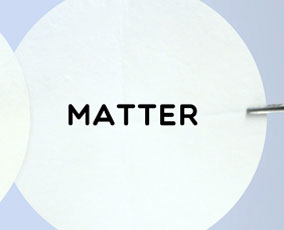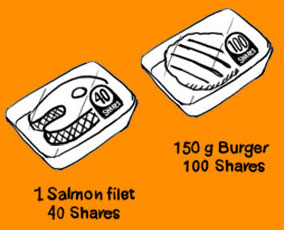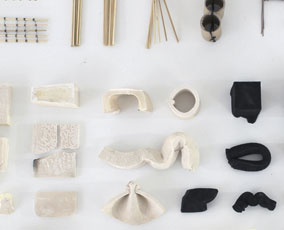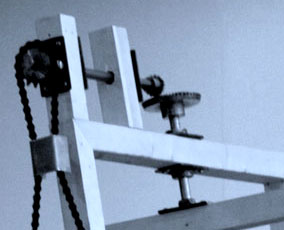Konstfack Degree Exhibition 2014 / Vårutställning 2014
In the rapid development of the modern 24-hour society, we increase our demands for continuous services of information. Control over mind and body as a reaction to the loss of understanding processes and systems is on all levels in society. Who to be and how to be is being taught through different actors on the market. In order to fit everything in our schedule, there is no value to slow down and ask if it is really necessary, what we will gain by it and what we might lose. The actors on the market know how precious our time is, both for us and for them.
The less understanding we need to create around a specific topic, the faster we can move on to the next matter of possible consumption. We become comfortable with not needing to waste time on trying things out since there are tests already made by others to rely on. Each day we are confronted with multiple choices, a condition enabled by our strive for personal expression. The choice, once something exclusive, precious and needed to be thought through and discussed is now an action you can consume yourself. The habit of not needing to reflect upon the effect of our decisions makes it frightening to take a stand in matters needing to be challenged.
A norm is created on how we should relate to things, how much time is justified to spend on a matter before it becomes non-profitable for our individual development. Sleep, which is a symbol for dreams, the unconscious and uncontrolled, is a private place reserved for mental recovery — or is it? How willing are we to change its function in order to control and maximize the effects of sleep? Is sleep or rest our last resort, the last territory to be maximized?
I och med 24-timmarssamhällets snabba utveckling ställer vi allt högre krav på ständigt tillgängliga informationstjänster. På samhällets alla nivåer kan vi se viljan att kontrollera kropp och själ som en reaktion på att vi inte längre förstår processer och system. Vilka vi ska vara och hur vi ska vara lärs ut av olika aktörer på marknaden. Vi måste få in allt i våra pressade scheman och sätter därför inget värde på att sakta ned och fråga oss själva om det här verkligen är nödvändigt, vad vi vinner på det och vad vi riskerar att förlora. Marknadsaktörerna vet hur värdefull vår tid är, både för oss och för dem.
Ju mindre förståelse vi behöver skapa kring ett visst ämne, desto snabbare kan vi gå vidare till nästa möjlighet till konsumtion. Vi vänjer oss vid att inte behöva slösa tid på att prova saker, eftersom vi kan förlita oss på tester som andra redan har utfört. Varje dag står vi inför ett flertal val, ett tillstånd som möjliggjorts av vår strävan efter att uttrycka oss själva. Valet, som en gång var något exklusivt och dyrbart som behövde tänkas igenom och diskuteras, är nu en handling vi kan konsumera som individer. Vanan att inte behöva reflektera över konsekvenserna av våra beslut gör oss rädda att ta ställning när något behöver ifrågasättas.
En norm skapas för hur vi ska förhålla oss till saker och hur mycket tid det är försvarbart att lägga på något innan det blir en förlustaffär för vår individuella utveckling. Sömnen, som är en symbol för drömmar, det omedvetna och okontrollerade, är en privat zon reserverad för mental återhämtning – eller? Hur villiga är vi att förändra dess funktion för att kunna kontrollera och maximera sömnens effekter? Är sömnen eller vilan en sista tillflyktsort, det sista territoriet att optimera?








